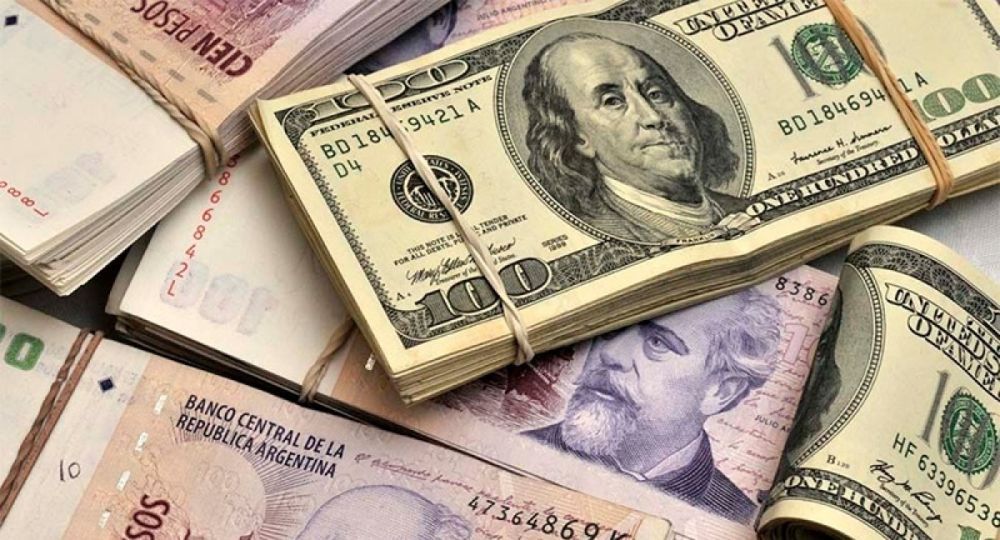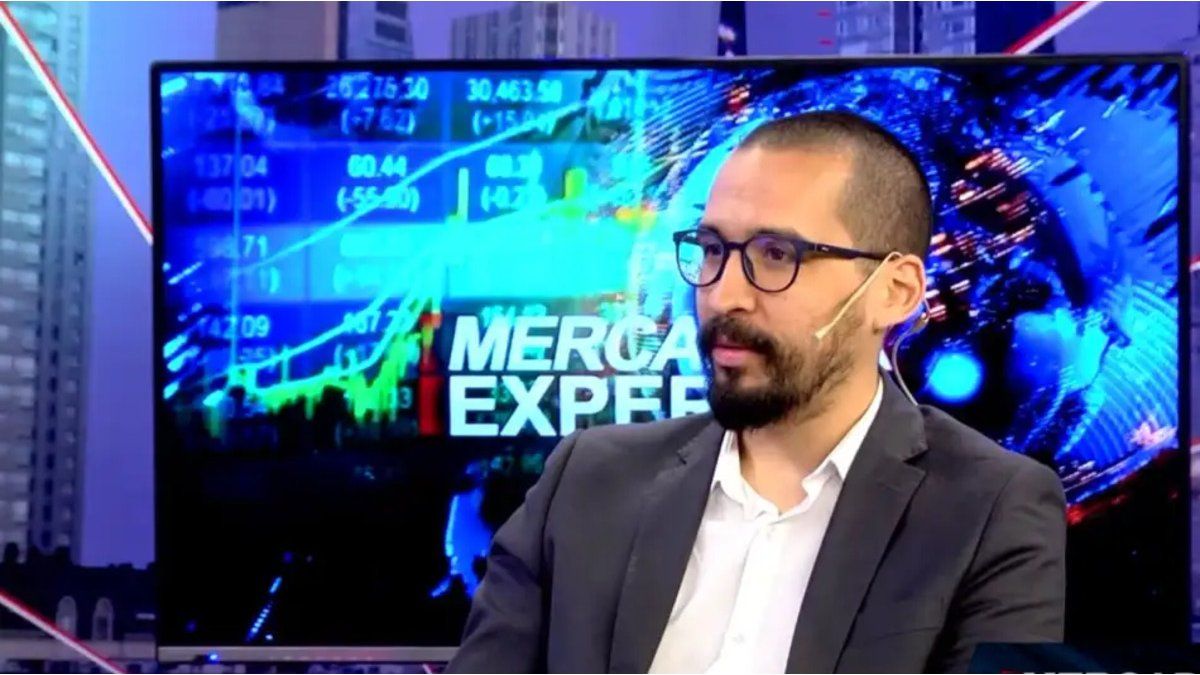after a peak week with blue dollar jumps, the resignation of Antonio Aracre and the decline of Alberto Fernandez to seek his re-election, the economic outlook they worry everyone. In that context, the economist and director of the consulting firm Ecolatina, Federico Mollanalyzed the situation and considered that, regarding the exchange rate, “The government has to make a change to get to the elections.”
“There is a situation that is very complex where the expectations of more than a few weeks ago adjusted negatively and where it begins to become clear that the government is going to have to make some changes simply to get to the August elections,” Moll said, adding that “it is not clear what those changes are.”. “At some point the patches start to wear off and it looks like we’re getting to that place.although there can always be a new patch. You have to be more and more creative to find that patch”he assured.
The Economist considered that “twisting the course is too big an objective for this government”. Therefore “the only thing you can do is don’t crash too fast and try to get to August”, he shared on Radio Millennium.
When thinking about what measures to take He said that “one assumes that he can carry on more stocks”. “The government at the extreme may not lose a dollar and add reserves making the official dollar irrelevantand. if you don’t leave no one enters the official market and kick everything to the parallel quotes, will stop losing”added the director of Ecolatina.
dollar stocks.webp
“It’s not as simple as that, but what is to be expected in this context is that the tourism dollar is over, the savings dollarthe stocks begin to adjust even more to imports,” explained Moll, adding that He does not believe that they will “allow an exchange rate jump”: “He prefers that the adjustment be done completely by the market, that the official dollar grows at the speed that it has been growing and that the imports begin to be paid parallelthan moving the official dollar abruptly”.
for the economist “what does not adjust for price, adjusts for quantities” then “what can happen is that it allows importing, but says: ‘get your dollars’. “Obviously that opens the door to levels of arbitrariness that we are already very used to”advanced Moll and explained: “That is what we are seeing more and more what probably let’s continue to see in the coming months.”
“Inflation is a very big problem, but relative price dispersion is an even bigger problem”highlighted the director of Ecolatina thinking that “you are making some companies in some sectors import the official and some the parallel. That obviously has an implication on the levels of relative price dispersion.”. For Moll “relative prices in a reasonable economy change according to consumption patterns, fashions, tastes, things that change more or less gradually over time” but in our economy “they change due to arbitrary decisions of the government and that implies a very strong problem for economic functioning”.
Federico Moll referred to Milei’s dollarization: “You tie your hands and lose flexibility that every functional economy needs”
ABC of dollarization: is it useful for Argentina?

for the economist Federico Moll, “we are facing a bigger bomb than the one that was left in 2015” and “this implies that the sequence of policies that is carried out will have to be very well thought out”. “Dollarizing is a very complex way out, one has to do many things beforehand, it is very expensive from many points of view and at the same time it doesn’t give you an optimal result in terms of you tying your hands and you lose a flexibility that every functional economy needs,” limited regarding the proposals of the presidential candidate for Freedom Advances, Javier Milei.
“I don’t see a profit there. If we start from the basis that everything is going to go wrong and what is happening is going to continue happening, So let’s tie our hands and let the ship sink slowly”, ironized the economist and sentenced: “I want to believe that there is a way out that has to do with much more reasonable policies that are carried out more or less in any country and that work. I would go there.”
Finally, he referred to Javier Milei who “talks about dollarization but does not make it very clear what the steps are and under what contexts and what are the times” and reflected on its consequences: “In this framework, expectations are in some ways unanchored and there may be pressure on the dollar to the extent that these confessions from Milei go ahead.”. “Also the choice does not depend only on Milei. I think the markets are going to be more attentive to the result of Kirchnerism, more than to the result of Milei.” concluded.
Source: Ambito




